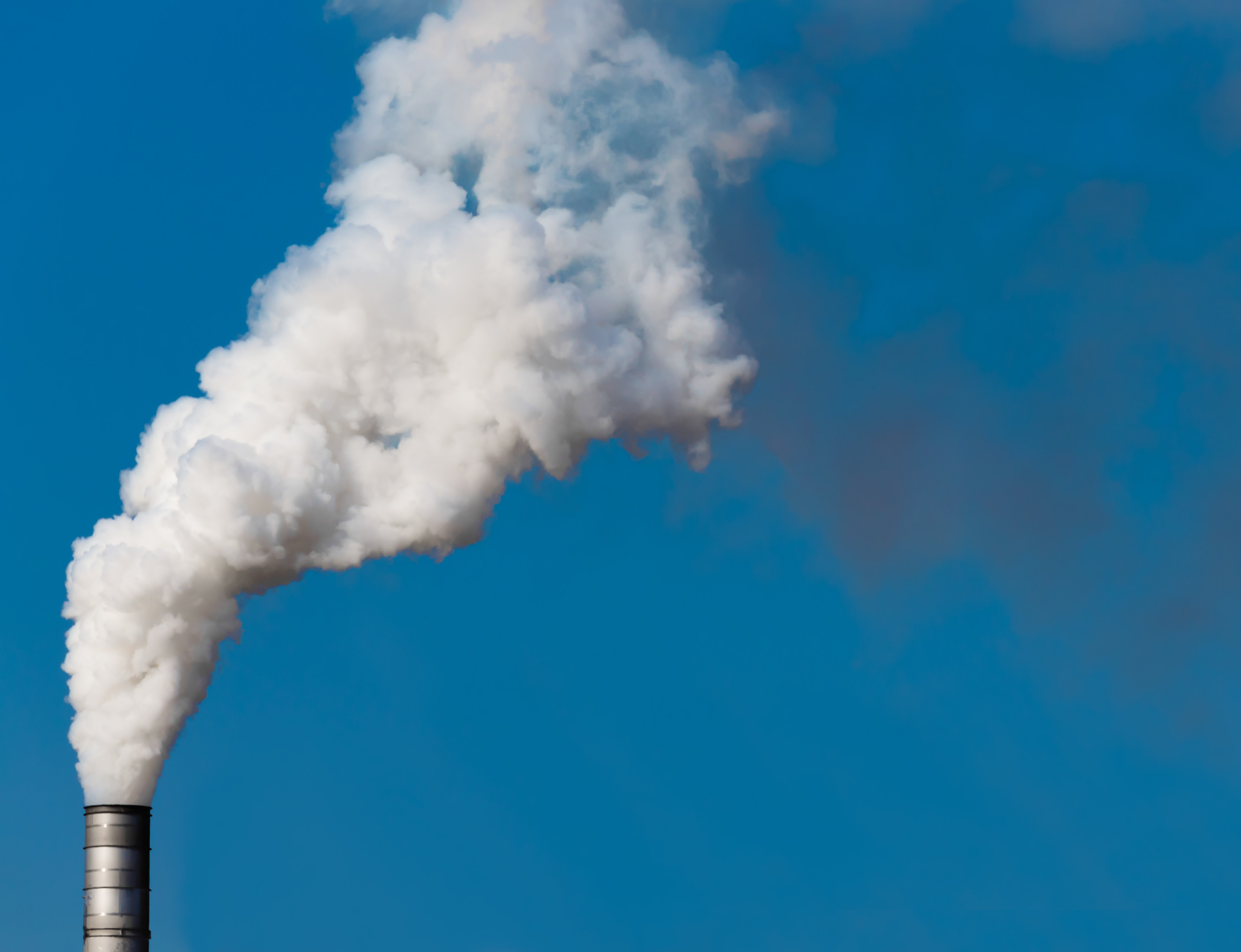The Effects of Fuel Standards on Air Pollution: Evidence from China
This paper examines the causal relationship between China’s fuel standards and air pollution using a difference-in-differences design and regression discontinuity analyses. Combining data on staggered prefectural implementation of the regulations with hourly station-level pollution data, we show that the enforcement of high-quality gasoline standards significantly improved air quality, especially in terms of fine particles and ozone. The average pollution across all pollutants was reduced by 12.9%. The new gasoline standard’s net benefit is estimated to be about US$26 billion annually. These findings demonstrate the effectiveness of precise standards in reducing air pollution in a developing country setting.











